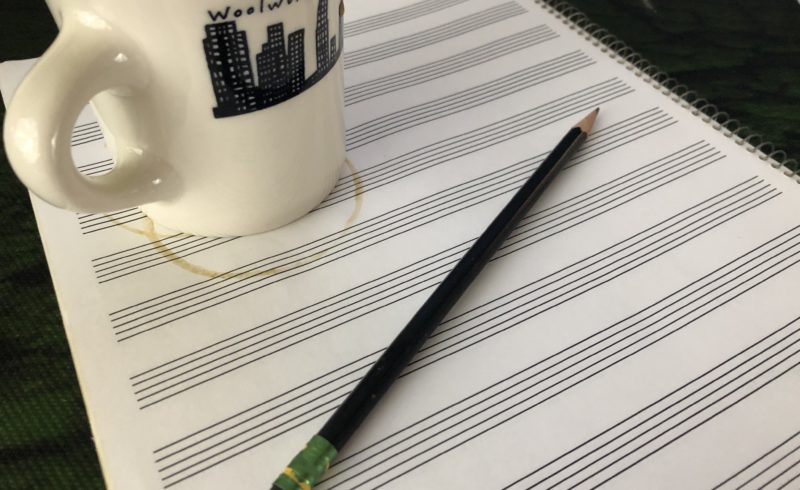
Of course
Campaigns that put music to picture do carry intellectual property risk, and when infringement cases involving Taylor Swift, Led Zeppelin, or Ed Sheeran make the news, it certainly raises awareness and concern around copyright, plagiarism, and infringement. So it’s no surprise that advertisers, creative agencies, music supervisors, and composers want preemptive and preventative strategies for mitigating that risk.
Enter the forensic musicologist who analyzes one or more pieces of music intended for use in, for example, advertising campaigns. When I provide this service, that analysis leads to my assessment of potential associated infringement concerns. And if sufficient concerns are found, I usually get to work directly with composers and make musical change recommendations.
It’s important to point out that we’re not just addressing elements that might actually be similar to prior work, we are secondarily nearly as concerned about unwarranted claims. Those are a risk component too!
Warranted or not, any claim is bad. I gladly admit I was taken aback recently when a colleague told me about a survey (from one of the biggest IP associations out there) where on average, they found that the legal costs of IP litigation (and DO please note that this is just up to the discovery and summary judgment phases) were around $130,000 per side! And it jumps to three times that if the case proceeds to trial. It’s staggering, isn’t it?
I’ve been asked, “So, do you help people infringe and get away with it?” No!! The question contains a fallacy — the weird presumption of intent. No, I help people NOT infringe because they TRULY don’t want to. Why would they?! When I make a change recommendation, I’m not enabling an intentional infringement, but rather alleviating an unintentional one and just as much discouraging a foreseeable wrongly imagined one.
One last thought. Infringement is, in my opinion, wrong. There are those who would disagree. But in my experience, it’s almost always in error and not at all intentional. Still, most accusations of copying come with the assertion that infringement was “willful,” and the accusers may even believe it. But whether they believe it or not, there’s not much question that the resulting damages, whether statutory or actual, carry a “willfulness” penalty. And it’s a doozy.
According to 17 U.S. Code § 504 – Remedies for infringement: Damages and profits, statutory judgment range from $750 to $30,000, unless it’s intentional! If the court finds the infringement was willfully committed, the court can increase the award to as much as $150,000.
Ford was recently sued for millions, 54 infringements at 150k each.
I’m always careful here on Musicologize to point out that I am not a lawyer, I’m a musicologist, and nothing I write here or elsewhere is intended to be legal advice. But even as a layperson, would you not think the fact that my clients have asked for my analysis is great evidence of their will to specifically NOT infringe? What’s that worth? Maybe ask someone who is a lawyer.